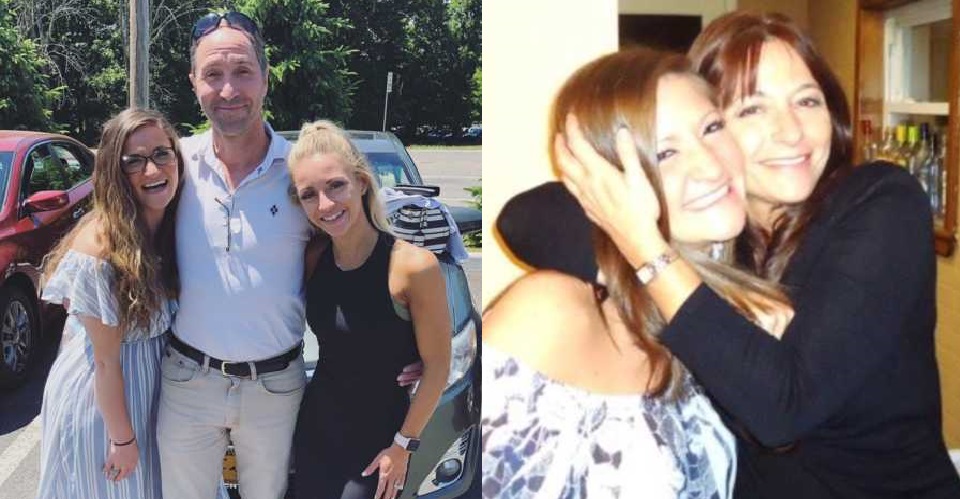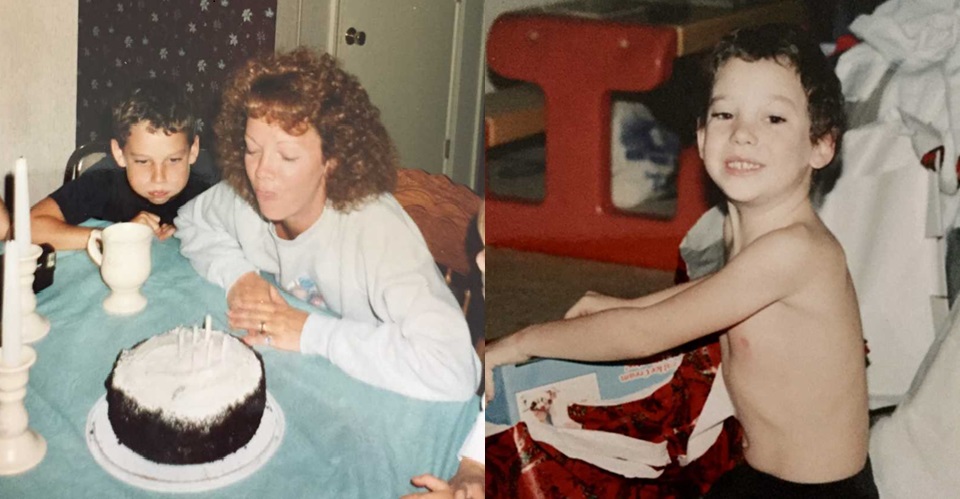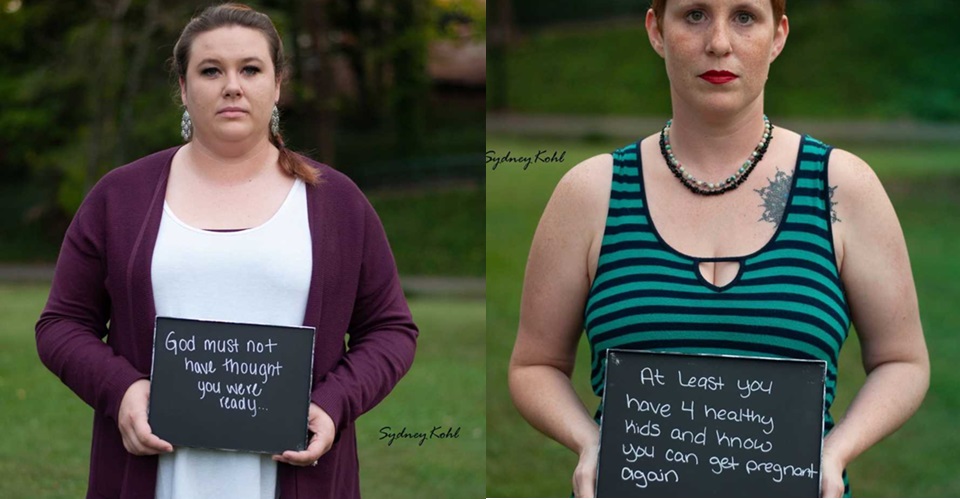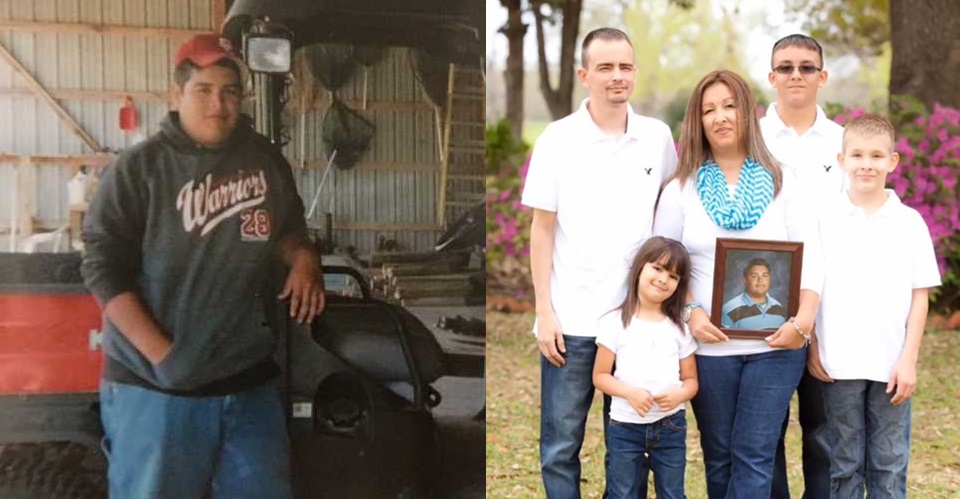The story begins when she was thirteen, though she didn’t realize it was the beginning of something so heavy. Nights ended with tears, her skin bore marks of pain, and she assumed this was just hormones, just being a teenager. It wasn’t until she was fifteen that someone finally gave it a name: depression. A word that was both terrifying and oddly comforting, because at least it meant there was a reason, and reasons can be treated.
Medication helped. So did prayer, exercise, and surrounding herself with friends who filled rooms with laughter. For a while, she felt good. Almost normal. Then she stopped taking the medication, convinced she had outgrown the battle. She was twenty-one when the world shattered. Her mom, her best friend, the person who was always the center of her universe, died by suicide.

Losing a mom to suicide is a wound that doesn’t heal neatly. In the months after her death, pieces of the puzzle came together. Her mom had shown signs, though the family didn’t know how to read them then. Rapid weight loss. Sleepless nights. Withdrawn silences. They thought it must be a physical illness, because she had always been the bright, selfless woman who cared for everyone else. She was joy in human form, yet behind that smile, depression had been stealing her away.
By July, three months before her death, her mom seemed unable even to speak. Her daughter remembered crying one night, grieving a friend who had been murdered, and waiting for her mom to comfort her. But her mom sat in silence, too drained to move, talk, and feel. That was the last day she kissed her goodbye.

Hours later, the phone calls began. First, there were unanswered calls to her mom, then from her lawyer aunt, saying there had been an accident. Her dad’s voice cracked through the line, warning her not to come home. But she did anyway. The road was blocked by flashing lights. Officers shouted she couldn’t be there. She insisted she lived there, desperate for answers. Then came the words that broke her open: “Your mom is dead.”
The grief was physical, like being knocked off her feet. At the police station, she saw her father in a hospital gown, sobbing, accused until cleared. Shock blurred everything, but eventually the truth emerged. Her mom had died by suicide, leaving behind a note apologizing, insisting she did not want to be a burden anymore. She wrote that she loved them.
How do you keep breathing after hearing that? She didn’t know. For a long time, she didn’t want to. Yet somehow she did. She finished college, earned her master’s degree, became a teacher at twenty-two. She filled every hour with work and friends, community service, and walks in her mom’s honor. She wore the mask well, telling herself and everyone else, “I’m fine.” But grief has a way of sneaking back in, waiting for the cracks.

At twenty-five, sitting with friends and a bottle of wine, she spoke openly about her mom, about suicide, about how much she missed her. Later that night, she slipped into the streets of Queens, her phone turned off, and she was crying, lost. The thought repeated: I want to be with my mom. On a dark sidewal,k she tried to end her life too. Something stopped her, a sudden snap back into herself. She called 911. Her friends rushed to her side.

That night changed her. She returned to medication, therapy, and a commitment to keep living. Teaching, hiking, writing, traveling. Greece, Mexico, Italy. She felt her mom with her in each new place. She tells her story now not because it is easy, but because silence is worse. Depression is an illness. Suicide is not weakness. She knows too well the devastation of losing a mom this way, and she wants others to know there are lifelines, there is help, there is another tomorrow. Her mom’s goodbye letter ended with love. And so does she.











